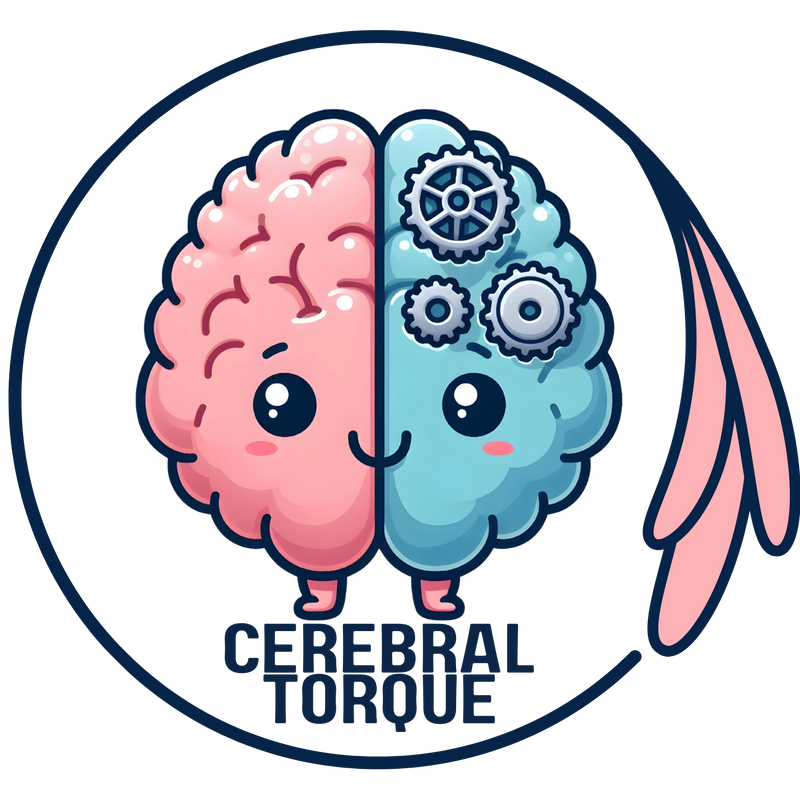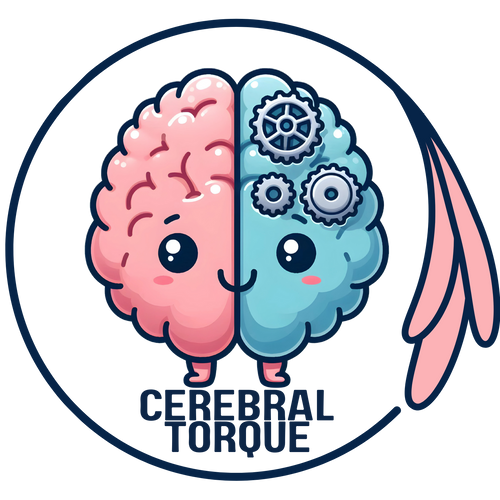Will I Respond Again To Anti-CGRP Monoclonal Antibody Therapy After Discontinuation?
Posted on June 27 2023,
Discontinuation or a re-evaluation of anti-calcitonin gene related peptide monoclonal antibody (anti-CGRP mAb) therapy is mandated in Europe after 6-12 months of use. Other reasons for patients with migraine to discontinue anti-CGRP mAb therapy include cost, loss of health insurance or cost savings program, relocating, lack of supply, adverse effects such as hair loss or constipation, etc.
Therefore, it is important to determine if a momentary pause of anti-CGRP mAb therapy will result in similar effectiveness as when it was first initiated.
We know that discontinuation results in an increase in migraine frequency, severity, and duration for most migraineurs:
We can conclude from the studies we have that an arbitrary discontinuation period by health insurance and/or governing bodies that isn't individualized to the patient is not optimal.
Unfortunately, because this is seemingly enforced in Europe, the question isn't about whether to discontinue, but what happens when re-initiation of anti-CGRP mAbs occurs. Do migraine patients go back to their baseline when they were initially on the medication or does migraine morbidity worsen?
In a small longitudinal cohort study, most patients returned to their baseline level of migraine morbidity determined by counting monthly migraine days, monthly headache days, and monthly days with acute medication use. However, 21.4% of patients with episodic migraine and 32% of patients with chronic migraine did not respond to the re-initiation of treatment.

There was no difference in demographics or headache data at baseline for those that responded versus those that did not following re-initiation. This means that a patient that won’t respond again can’t be predicted. Interestingly, those that did not respond did better initially on mAbs and had a greater improvement of monthly migraine days than those that responded.
https://thejournalofheadacheandpain.biomedcentral.com/articles/10.1186/s10194-022-01417-9#ref-CR17
This raises more questions. We know that about 30% of patients did not respond when they did respond initially, but what happens if discontinuation occurs again? Do another 30% of responders stop responding? Unfortunately, we do not have the data for this yet, but it is of great value as discontinuing mAbs can lead to great morbidity as well as an increase in overall healthcare costs.
Moreover, the same mAb was used. We do not know the results if a different mAb were to be used. In the general population, when patients are non-responders to one mAb, another may be used with success.
https://journals.sagepub.com/doi/10.1177/03331024231160519
The most likely follow-up question would be to know if non-responders developed anti-drug antibodies (ADAs). While we do not know for certain, we can make some assumptions.
First, we must differentiate between neutralizing ADAs (NAbs) and non-NAbs. NAbs inhibit or reduce the effectiveness of the monoclonal antibody while non-NAbs bind to the drug but do not change its pharmacological activity- only the pharmacokinetics. Therefore, we are concerned with the NAbs.
Among migraine patients that use anti-CGRP mAbs, the rate of development of NAbs ranged from 0-12%.
https://thejournalofheadacheandpain.biomedcentral.com/articles/10.1186/s10194-020-01211-5
So, while this may contribute to the 30% that didn’t respond again to anti-CGRP mAbs after discontinuation, it does not give us the whole story. It is also possible that a break may increase anti-drug antibodies, but this has yet to be seen.
While we need more studies, it may be prudent to end mandatory discontinuation of anti-CGRP mAbs and to assist migraine patients in continuing to find access to these medications so they don't risk not responding after a period of discontinuation.
All Non-Invasive Neuromodulation Devices for Migraine Treatment
Wondering if migraine devices actually work? This guide breaks down the latest evidence on non-invasive neuromodulation devices like Cefaly, Nerivio, and gammaCore. Learn which devices have solid research backing them,...
Read MoreSun, Sep 14, 25
Neuroimaging Differences Between Migraine Types: Aura vs. Without Aura
Discover the latest neuroimaging research revealing key brain differences between migraine with aura and migraine without aura.
Read MoreThu, Sep 04, 25
Understanding Migraine Prodrome
Discover the migraine prodrome phase: 36 warning symptoms that occur 1-6 hours before headache onset. Learn timing patterns, predictive confidence levels, and new treatment approaches based on groundbreaking 2025 research...
Read More



